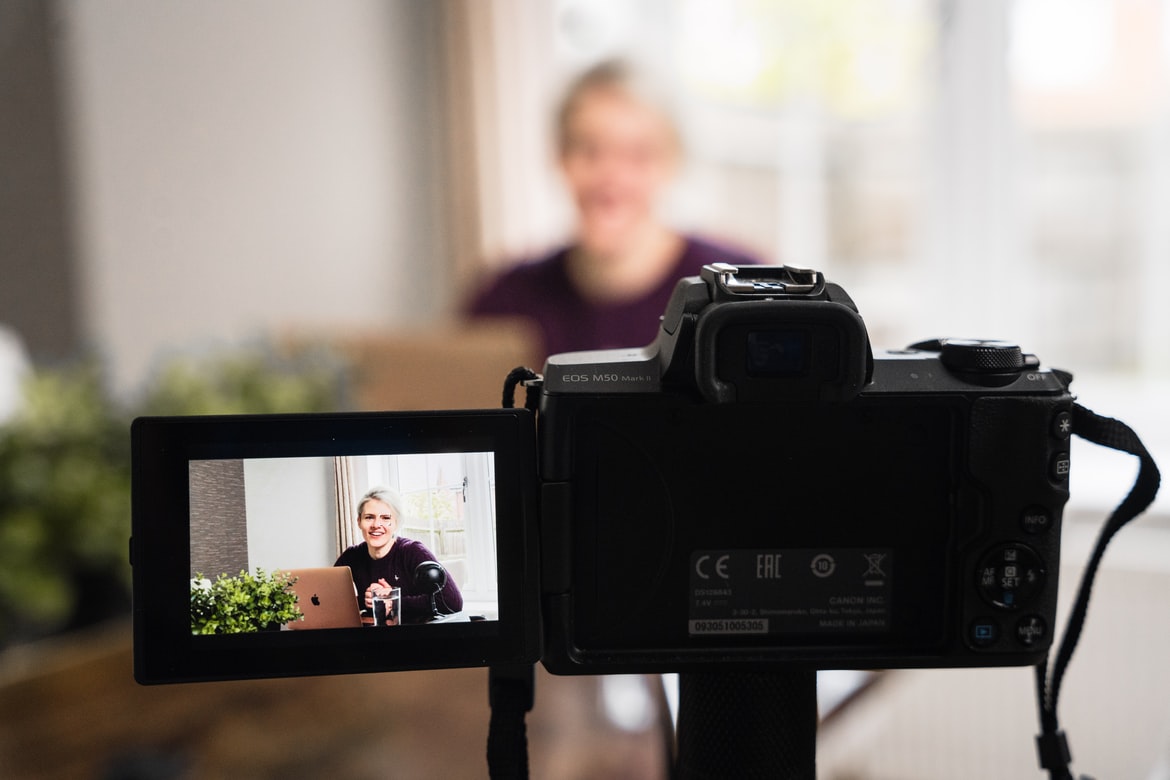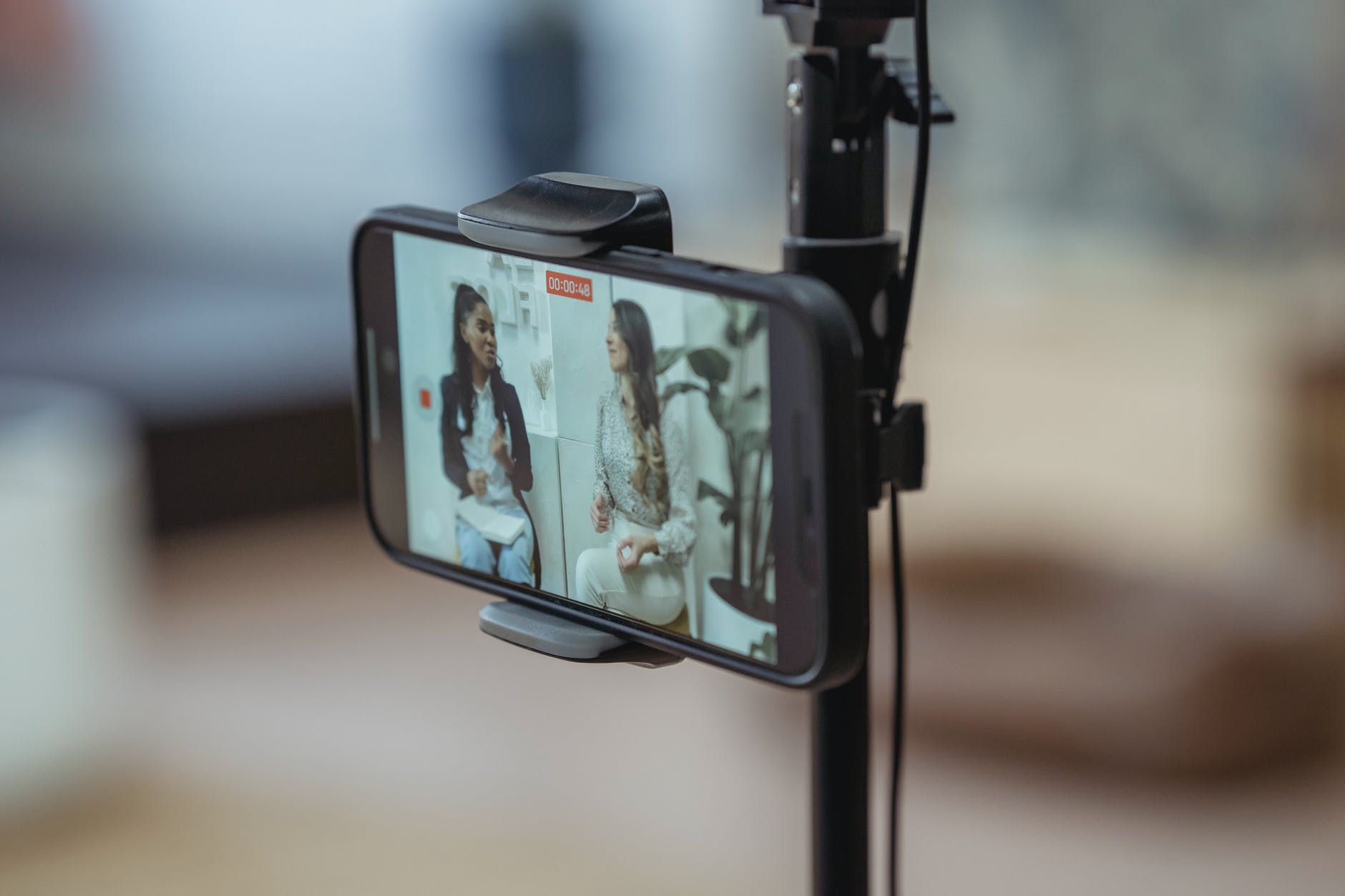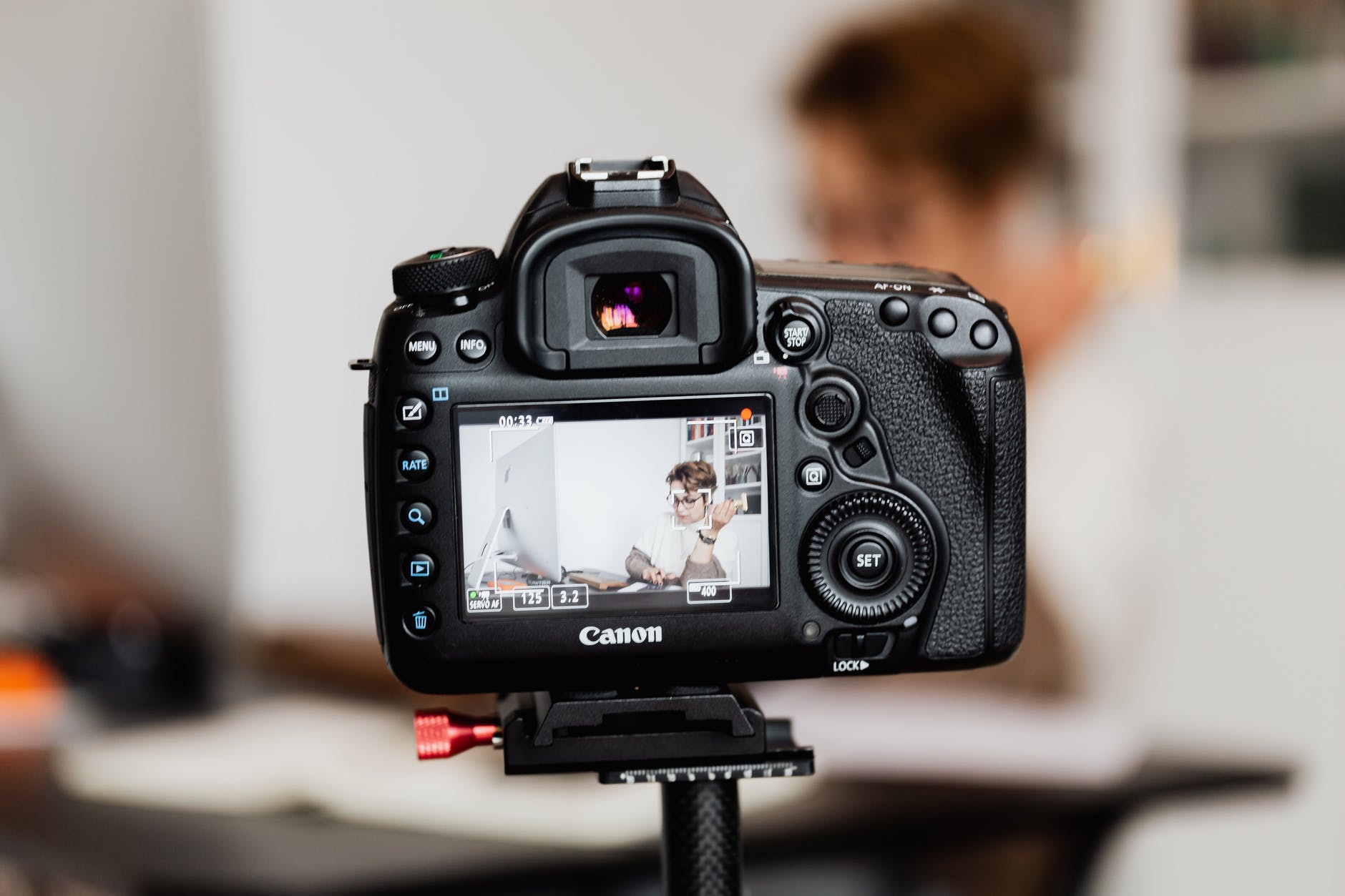The Perfect Self-Tape Audition Reader
Make sure your reader helps, or at least doesn’t hurt, your self-tape
(By Jim Webb)
 (Photo: Jodie Cook | Unsplash)
(Photo: Jodie Cook | Unsplash)
Don’t let your audition reader ruin your audition. Just don’t!
And, by the way, it does happen; probably more often than most actors realize. Having a bad audition reader can take an otherwise splendid audition and turn it into junk.
While all men and women are created equal, audition readers are not. Some can enhance your performance. Some manage to, at least, stay out of the way. Others, unfortunately, can hurt you.
Want to know what the perfect audition reader looks like? Consider these points:
1. Find a good actor…
 (Photo: George Milton | Pexels)
(Photo: George Milton | Pexels)
The perfect reader is usually going to be a fellow actor. After all, that’s what this is all about, isn’t it? You’re acting, so enlisting an actor who knows the drill makes sense.
A good actor is going to feed you the lines in a way that your non-actor family member or friend will not. They will engage you with energy and passion and give you opportunities for great reactions.
In essence, using a good actor will raise your performance, while a non-actor might drag it down.
2. Don’t find a great actor….
Get a “good” actor to help you with your self-tape. Just make sure they’re not a “great” actor. Or, if they’re great, be sure they’re not “great” in the scene.
Why? Simple! You don’t want your reader to outshine you. You don’t want your reader to “steal the scene”, so to speak.
On some rare occasions, the reader will be so good that they actually book the role over the actor who is auditioning.
3. They should stand near the lens, but not too close….
 (Photo: Karolina Grabowska | Pexels)
(Photo: Karolina Grabowska | Pexels)
The perfect audition reader stands near the lens of the camera to give you a good eyeline. This way, the casting director can clearly see your face and eyes. Yet they also stand far enough away from the camera, or read softly enough, so as to not steal the focus away from your performance.
4. They should speak clearly, but softly…
You want your reader to enhance your performance, while not overshadowing you. That means having a reader who speaks clearly and can be easily understood.
But the catch is, your reader must also speak softly. I’ve seen casting directors skip a tape because the reader was too loud.
The perfect reader speaks clearly AND softly.
5. They should speak with good pace…
Make sure your reader reads with good pace. The point of the self-tape is to showcase your talent, not your reader’s. It’s not necessary for them to get deep into their characters. Their role is merely to feed you your lines in a realistic way and help accentuate the moments.
Make sure your reader isn’t a drag on your self-tape. Make sure they read with a good pace.
6. They can also work the camera…
Lastly, the perfect reader can also double as your director or camera person. For instance, if your self-tape requires the camera to move or to zoom in or out, your reader could help with that.
Above all else, make sure your reader helps, or at least doesn’t hurt, your self-tape.
You Might Also Like:
The Self-Tape Checklist



